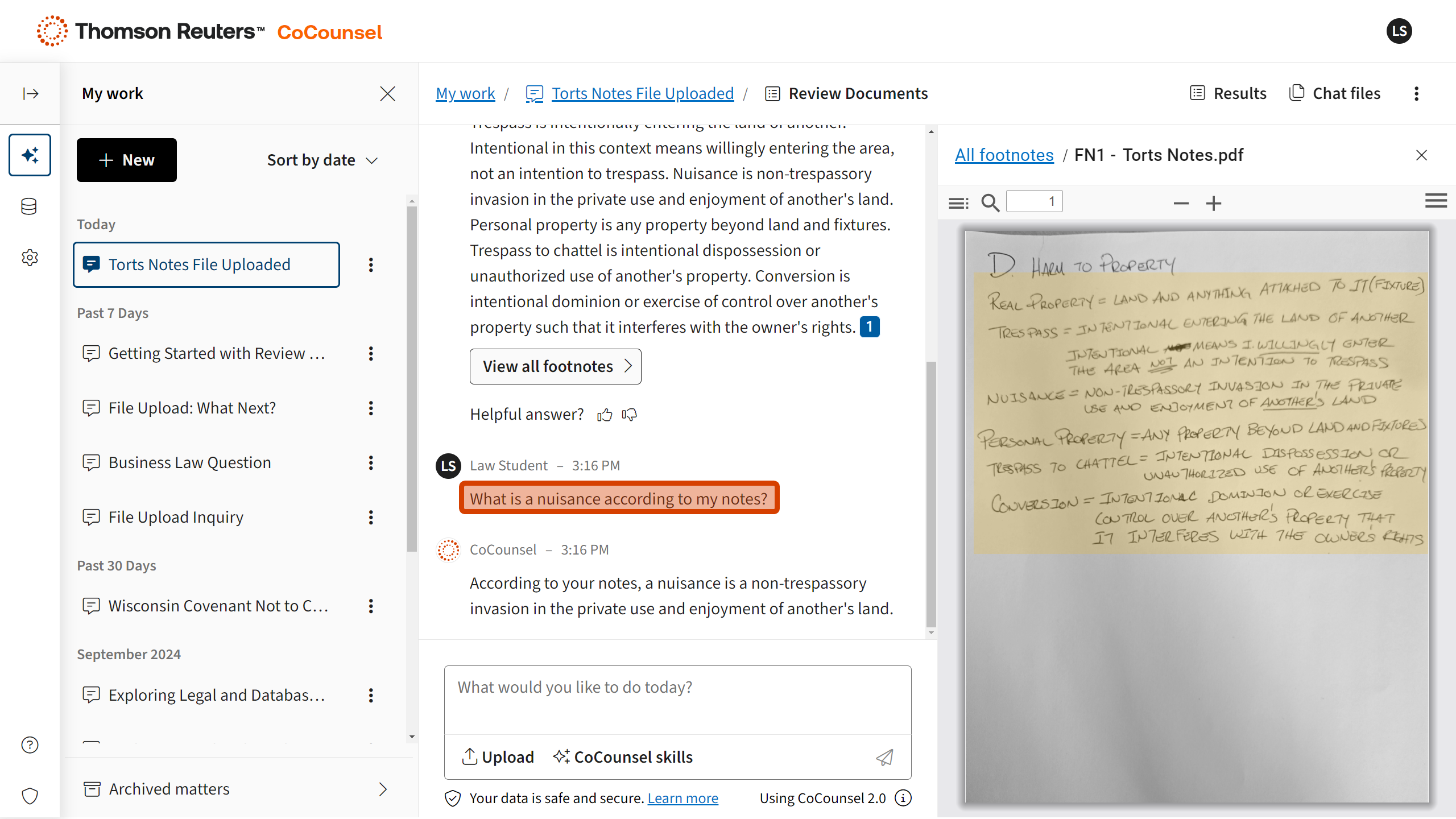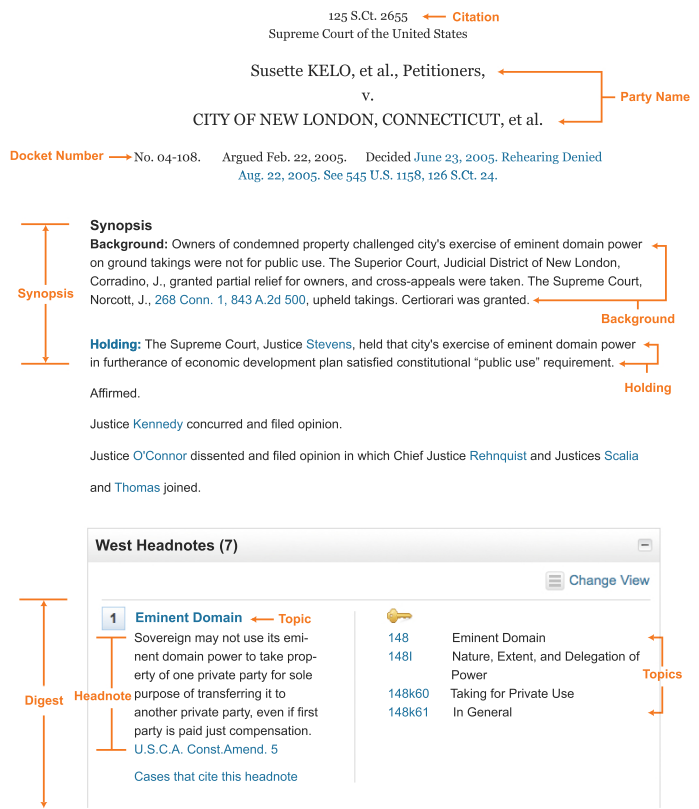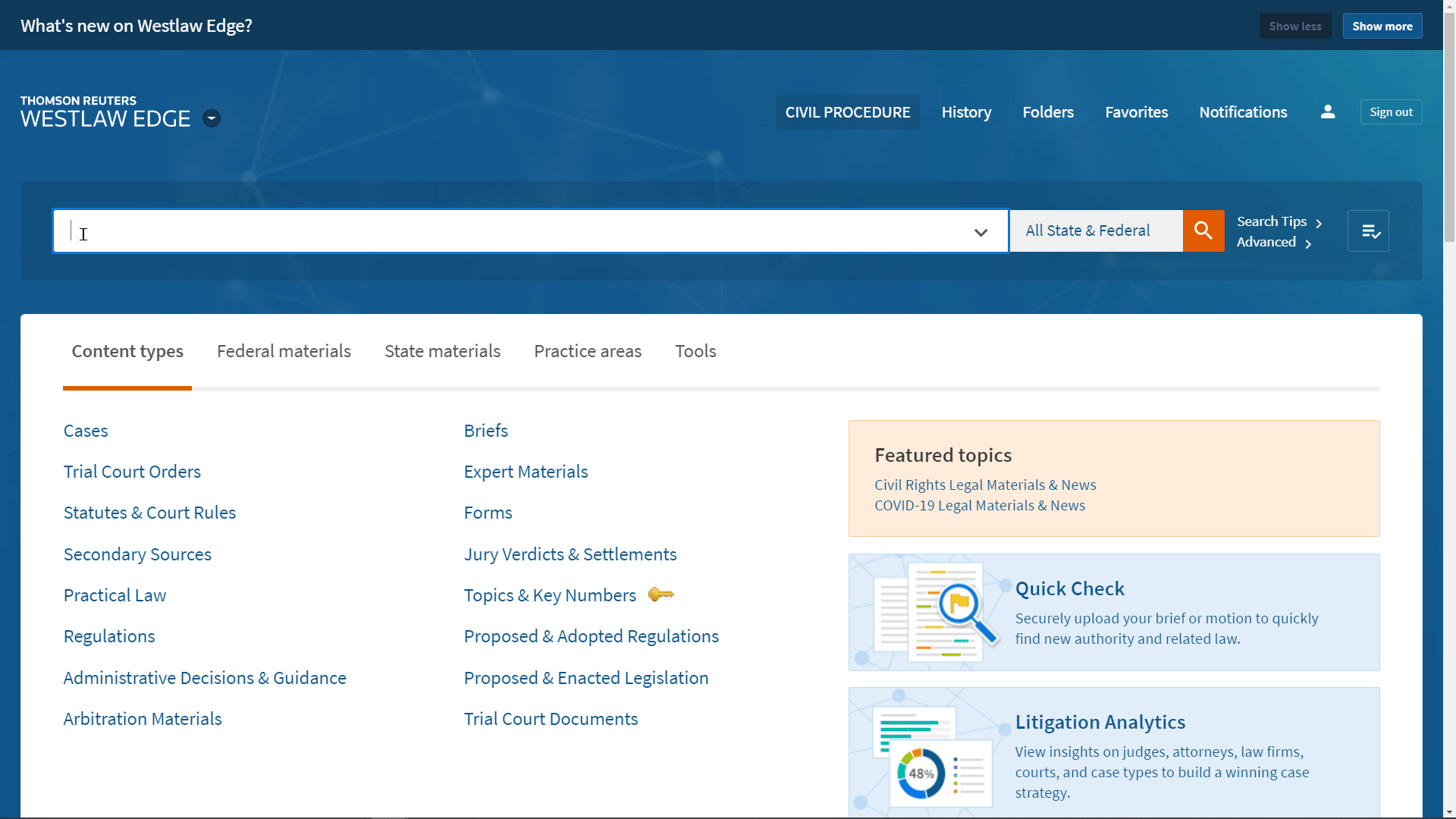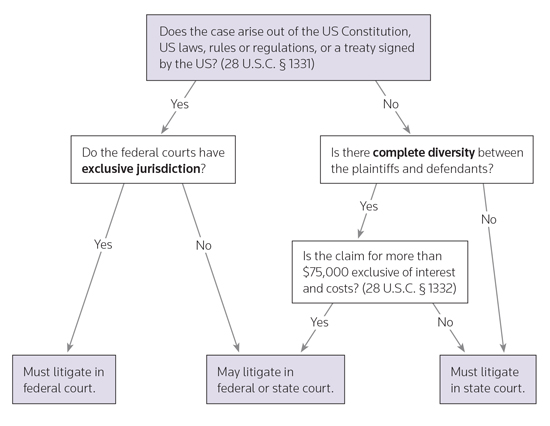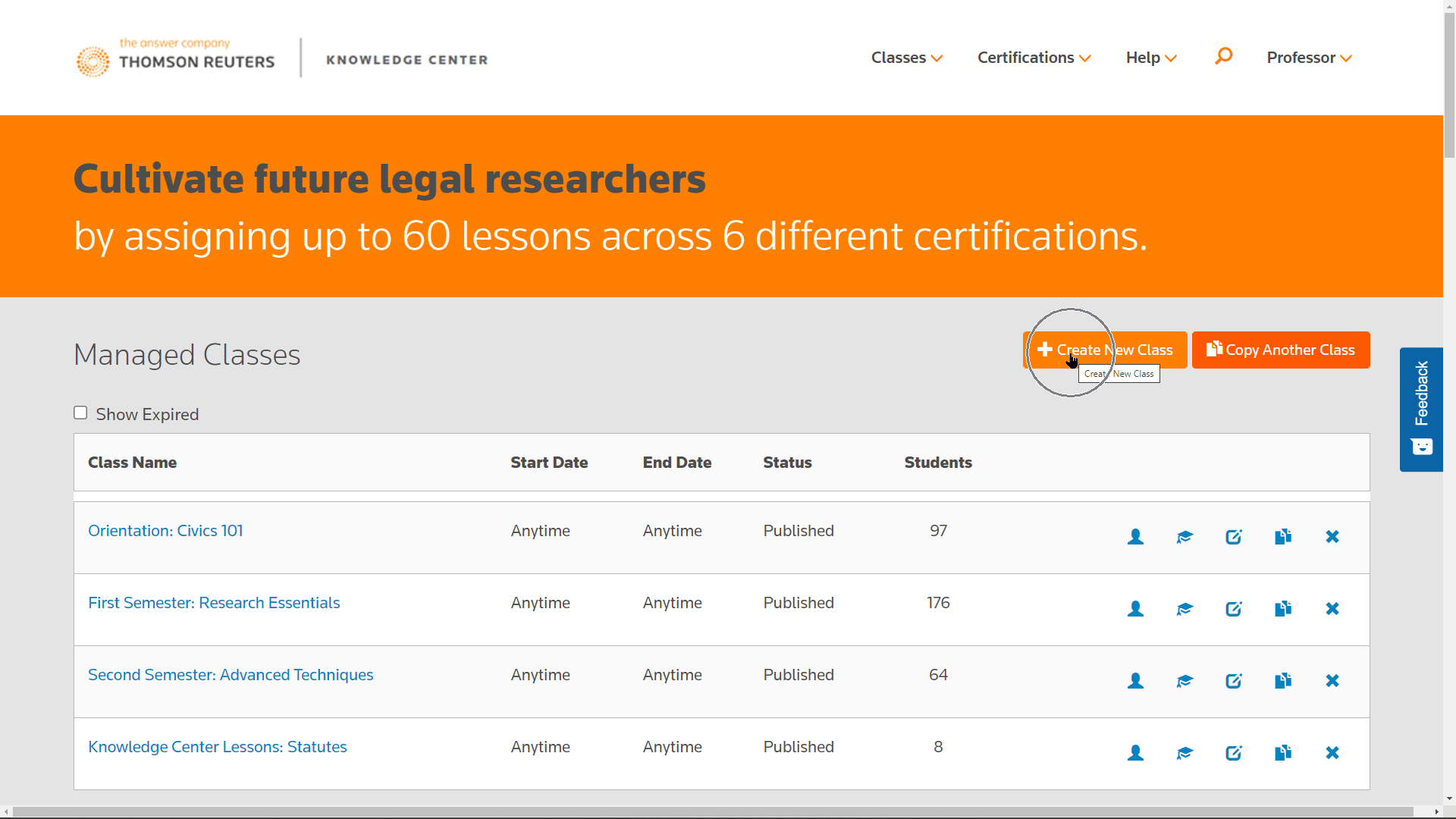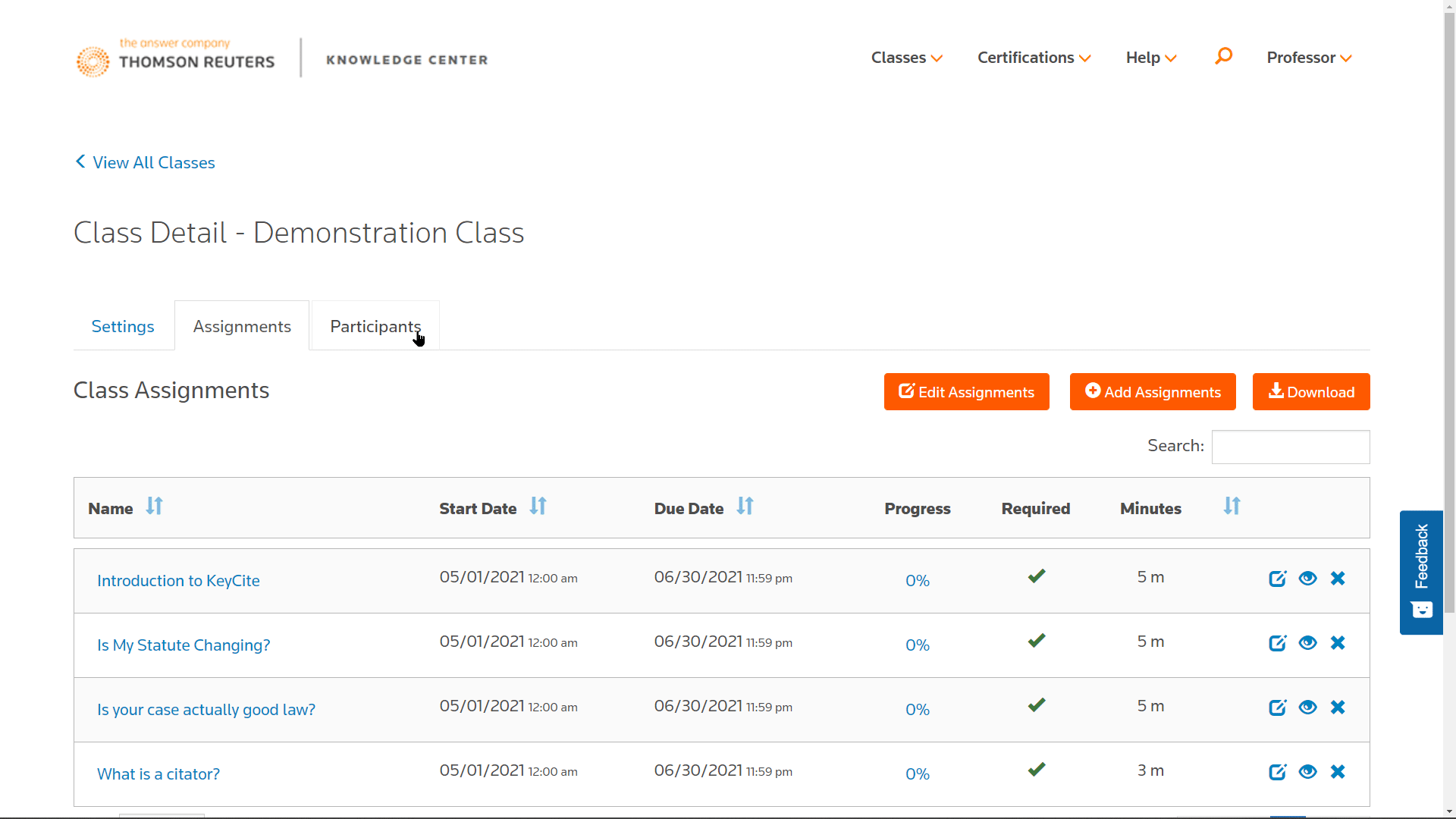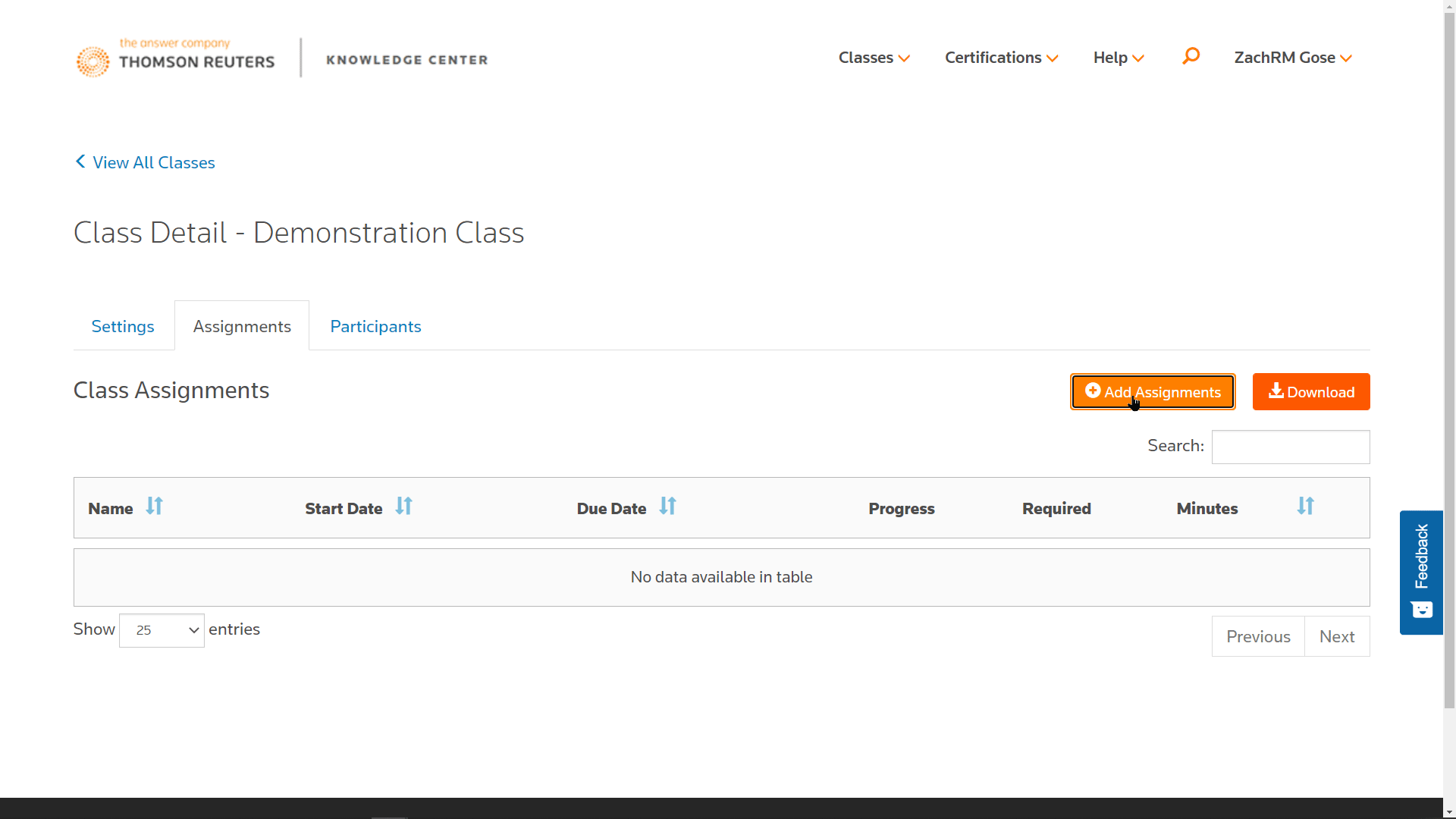LAW SCHOOL SURVIVAL GUIDE
Supplements: To use or not to use? That is the question
Intro
First thing you need are tools to understand the signs, words and customs of the people you will meet. Believe it or not, you need strategy and tools to understand the norms and language of the law, too.
That’s where supplements come in. Supplements are great tools to translate the law and come in many different forms. Now, how you want to use supplements depends on you.
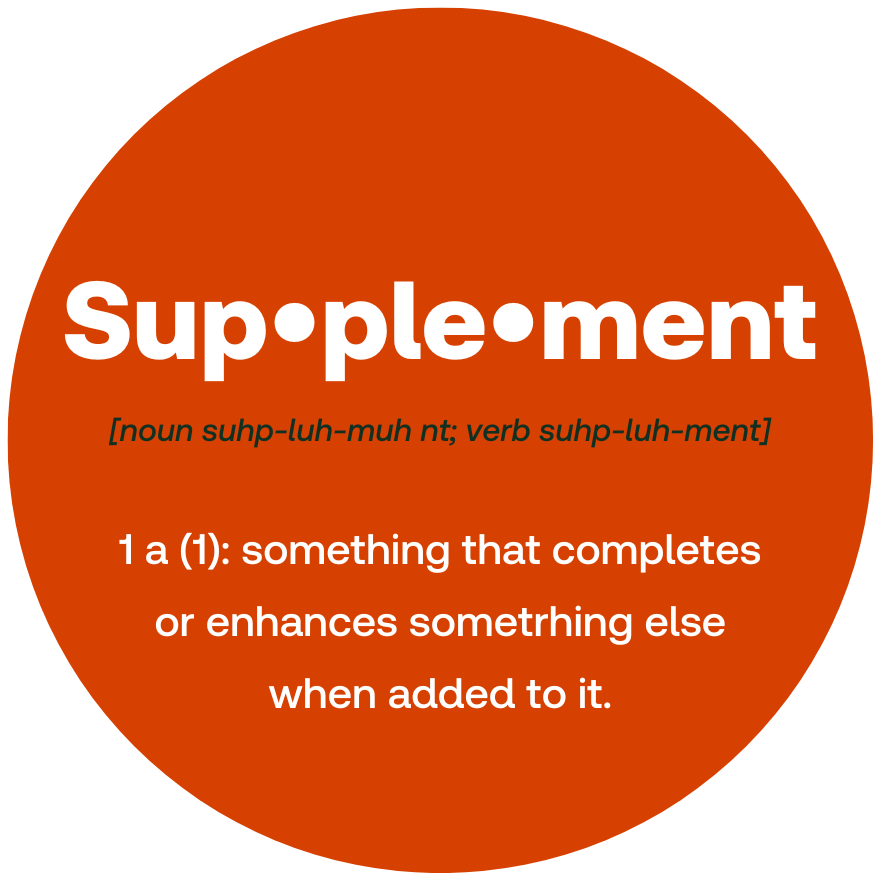
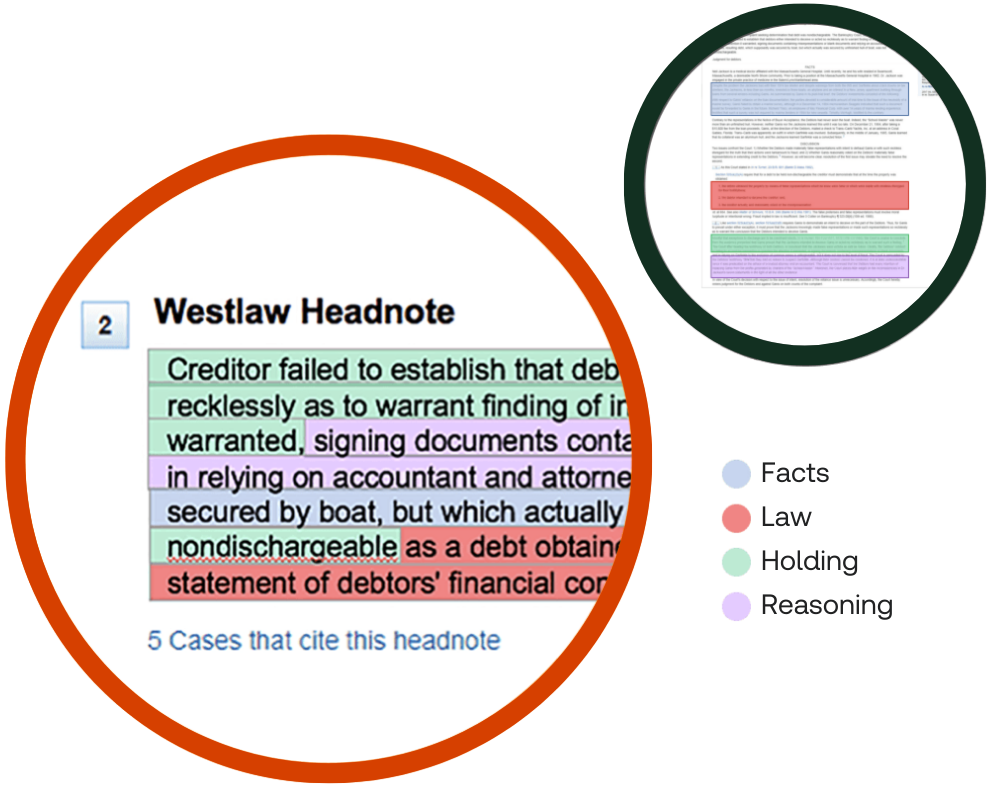
Case Briefs
The legal language is brand new to you and can be tricky. You will spend a large portion of your first year – and the early years of your practice – reading case law. Case briefs are a helpful way of translating this new language as you are learning it. In practice, they will also save you a ton of time. If you want to save some dough, you can always pull up a case on Westlaw and look at our Headnotes to know more now.
Sample Brief
International Shoe Co. v. Washington
United States Supreme Court
326 U.S. 310 (1945)
Rule of Law
For a defendant not present within the territory of a forum to be subjected to a judgment in personam, due process requires that the defendant have certain minimum contacts with the forum such that the maintenance of the suit does not offend traditional notions of fair play and substantial justice.
Facts
The commissioner responsible for the assessment of and collection of contributions to the Washington state (plaintiff) unemployment fund served a notice of assessment on International Shoe (defendant), a manufacturer and seller of shoes and footwear, for failure to pay into the fund during the years 1937 to 1940. International Shoe was a Delaware corporation with its principal place of business in Missouri. The Commissioner served the notice of assessment upon a salesman employed by International Shoe in Washington State. International Shoe sought to set aside the notice on the grounds that it was not a corporation doing business in Washington, had no registered agent within the state, and was not an employer and did not furnish employment within the state as defined under state law.
Issue
For a defendant not present within the territory of a forum to be subjected to a judgment in personam, does due process require that the defendant have certain minimum contacts with the forum such that the maintenance of the suit does not offend traditional notions of fair play and substantial justice?
Holding and Reasoning (Stone, C.J.)
Yes. A state may subject a corporation to in personam jurisdiction where the corporation has such minimum contacts with the state as to make it reasonable to require the corporation to defend a suit there. A corporation is deemed to be “present” in a state for jurisdiction purposes when the activities of the corporation in that state have been continuous and systematic. Due process is violated where a state makes a binding judgment in personam against an individual or corporate defendant with which the state has no contacts, ties, or relations. However, to the extent that a corporation exercises the privilege of conducting activities within a state, giving rise to certain obligations, it is not unduly burdensome to require a corporation to respond to a suit brought within the state to enforce those obligations. In the present case, International Shoe’s activities in Washington were systematic and continuous and resulted in a large volume of interstate business. Indeed, the obligation upon which this suit is based arose out of those activities. International Shoe employed salesmen who resided in Washington, whose principal activities were confined to the state, and who were compensated by commissions based on sales. These salesmen occasionally rented at International Shoe’s expense rooms in hotels or business buildings within the state for exhibiting samples. It is clear that these activities establish sufficient contacts with Washington, to make it reasonable, under traditional notions of fair play and substantial justice, to permit the state to enforce the obligations which International Shoe has incurred there. The decision of the court of appeals is affirmed.
Concurrence (Black, J.)
States have an unfettered right to tax and permit their citizens to sue corporations whose agents do business in those states. The Court’s decision diminishes the power of states to afford judicial protection to their citizens.
Professional Supplements
Opinion varies. Some think they’re fantastic, others say, “Commercial outlines [professional supplements] might profile different cases than your casebook and that’s information you don’t need for your class.” But you’ll soon learn that lawyers are, by design, risk averse and casebook selections gravitate toward the mean. Your Civil Procedure class is not going to skip International Shoe, people. And commercial outlines — if not used as a crutch — synthesize the key information from the cases.







